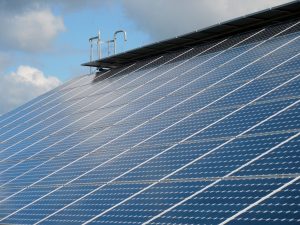In our exploration of energy solutions, we’ve come across solar panels as a compelling option worth considering. Solar energy promises various benefits like sustainability and lower electricity bills, making it an attractive choice. However, it’s equally important to weigh these advantages against potential downsides such as initial costs and weather dependency. Understanding these elements helps us make informed decisions about adopting this renewable energy source. Let’s dive into the pros and cons of solar panels to see if they align with our energy needs and environmental goals. Have you ever wondered whether solar panels are a good investment for our homes or businesses? With growing environmental awareness and the increasing need for sustainable energy sources, many of us are considering installing solar panels. But like any significant decision, it’s essential to weigh both the benefits and potential drawbacks.
Introduction
Solar panels have made waves over the past few decades, transforming from a niche technology for the eco-conscious to becoming more mainstream. They promise a greener future by harnessing the sun’s energy, but they’re not without their challenges. Let’s break down the pros and cons to help us make an informed decision.
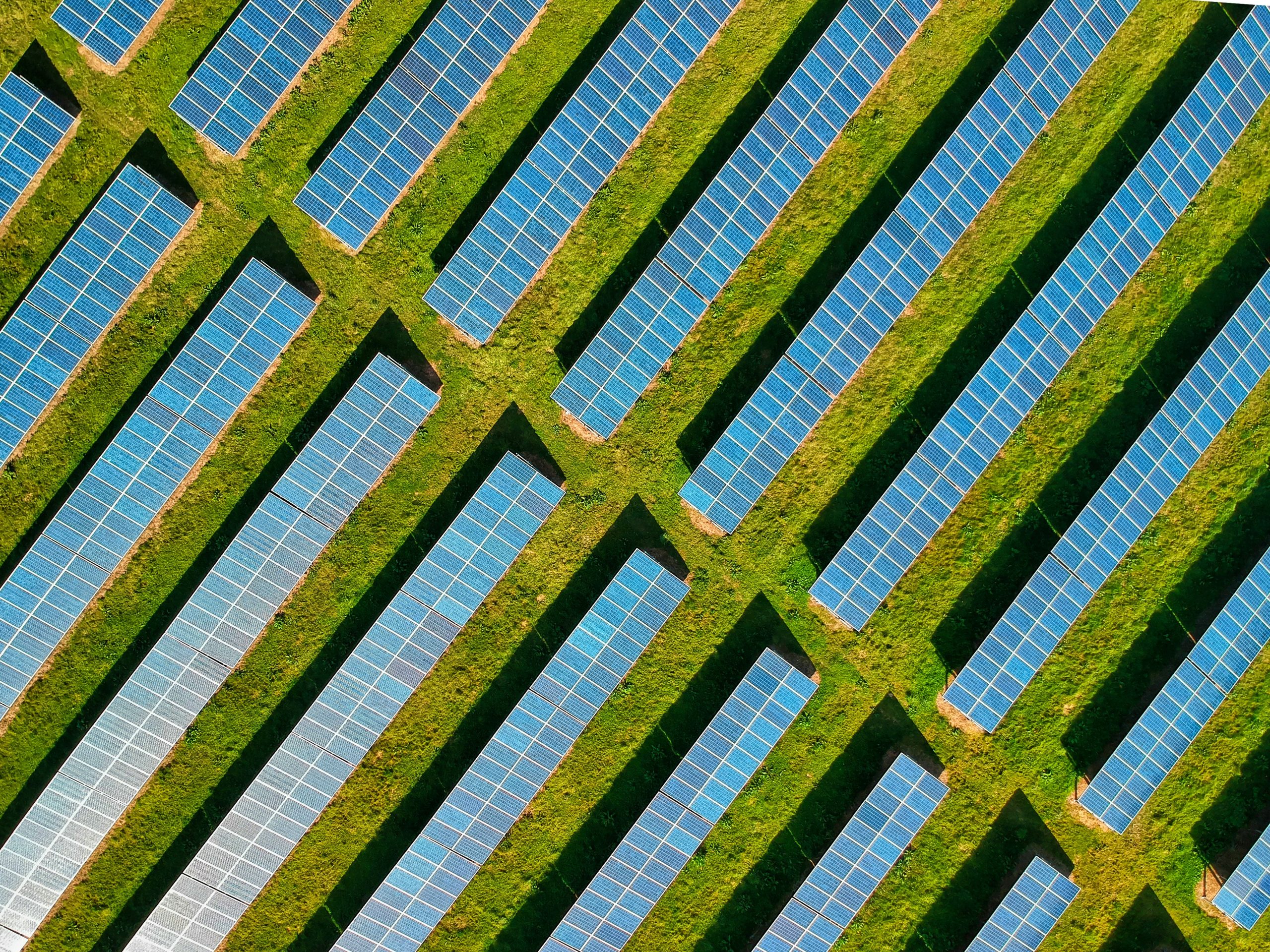
The Pros of Solar Panels
Renewable Energy Source
One of the most significant advantages of solar panels is that they utilize a renewable energy source. The sun isn’t going anywhere for the foreseeable future, making solar energy a sustainable option.
Reduction in Electricity Bills
Installing solar panels can lead to significant reductions in electricity bills. By generating our own power, we decrease our dependence on grid electricity, translating to monthly savings. Over time, this can accumulate into substantial financial benefits.
Low Maintenance Costs
Solar panels require relatively low maintenance. Once installed, they can function efficiently for decades with minimal upkeep. Regular cleaning and occasional check-ups to ensure they are functioning correctly are usually enough.
Advances in Technology
The rapid advances in solar technology have increased their efficiency and lifespan. Newer panels are more efficient, meaning they can convert more sunlight into electricity, even under less-than-ideal conditions.
Environmental Impact
Switching to solar power reduces our carbon footprint. Solar energy doesn’t produce greenhouse gases or other pollutants, making it a cleaner alternative to fossil fuels.
Energy Independence
Generating our own power reduces our reliance on utility companies. This independence can be particularly beneficial during power outages or fluctuating electricity prices.
Incentives and Rebates
Many governments and local municipalities offer incentives and rebates to encourage the adoption of solar energy. These financial incentives can offset the initial installation costs, making solar panels more affordable.
Increased Property Value
Homes with solar panels often see an increase in property value. Many buyers are willing to pay a premium for a house with an existing solar system, which can make it easier to sell our property in the future.
Scalability
Solar panel systems are highly scalable, meaning we can start small and expand our system as our energy needs grow or as our budget allows. This flexibility makes it easier to integrate solar into our lives gradually.
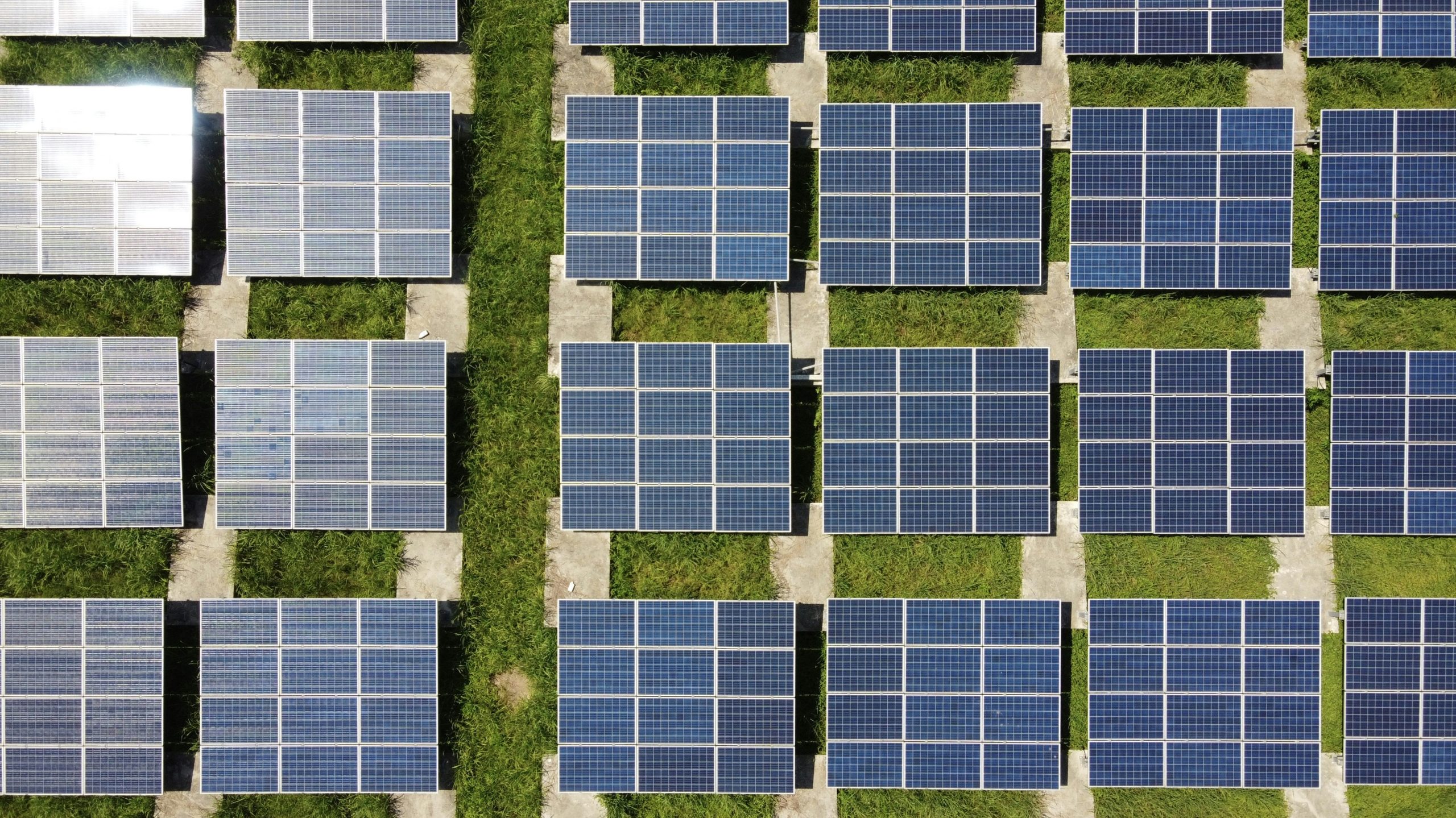
The Cons of Solar Panels
High Initial Costs
One of the most significant drawbacks of solar panels is the high initial cost of purchasing and installing the system. While prices have decreased over the years, the upfront expense can still be prohibitive for many.
Weather Dependent
Solar panels are most efficient when they receive direct sunlight. Cloudy days, rain, and snow can significantly reduce their efficiency, leading to lower energy production during certain times of the year.
Space Requirements
To generate a substantial amount of power, solar panels require a significant amount of space. This can be a limitation for those of us with smaller roofs or limited installation areas.
Energy Storage
While solar panels generate electricity during the day, we still need a way to store this energy for use during nighttime or cloudy periods. Efficient energy storage solutions, like batteries, can be expensive and require maintenance.
Aesthetic Concerns
Some people may find solar panels unattractive or not in line with their home’s architectural style. This aesthetic concern can be a barrier for those who prioritize the appearance of their property.
Environmental Impact of Production
The production of solar panels involves the use of hazardous materials and significant energy consumption. While solar energy is green, the manufacturing process does have an environmental footprint.
Degradation and Efficiency
Over time, solar panels can degrade and lose efficiency. Most panels come with a warranty of 25-30 years, but their efficiency can drop, requiring us to replace or upgrade the system eventually.
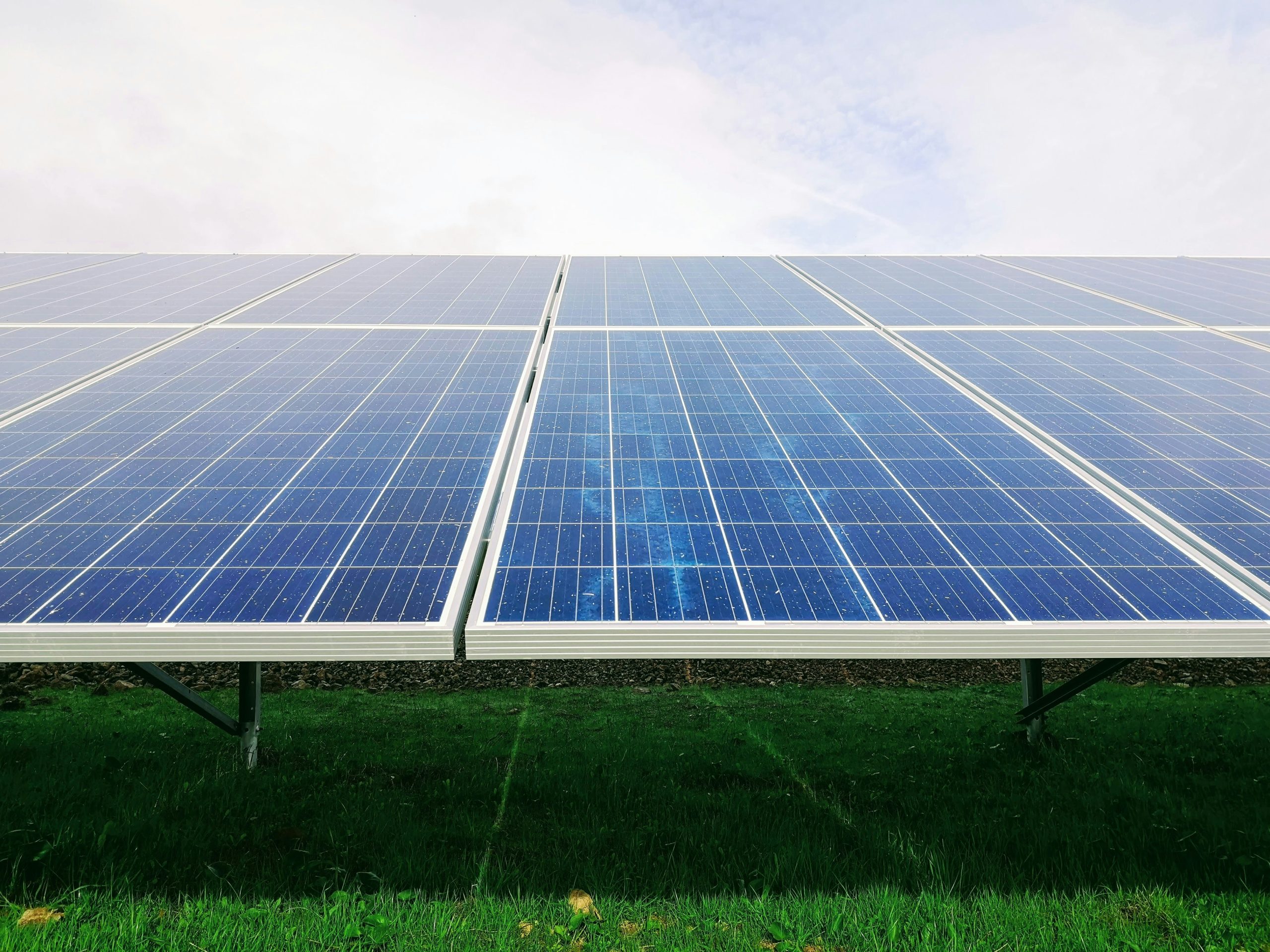
Detailed Comparison
To provide a clearer picture of the advantages and disadvantages, here’s a detailed comparison:
| Pros | Cons |
|---|---|
| Renewable Energy Source | High Initial Costs |
| Reduction in Electricity Bills | Weather Dependent |
| Low Maintenance Costs | Space Requirements |
| Advances in Technology | Energy Storage Costs |
| Environmental Impact | Aesthetic Concerns |
| Energy Independence | Environmental Impact of Production |
| Incentives and Rebates | Degradation and Efficiency Loss Over Time |
| Increased Property Value | |
| Scalability |
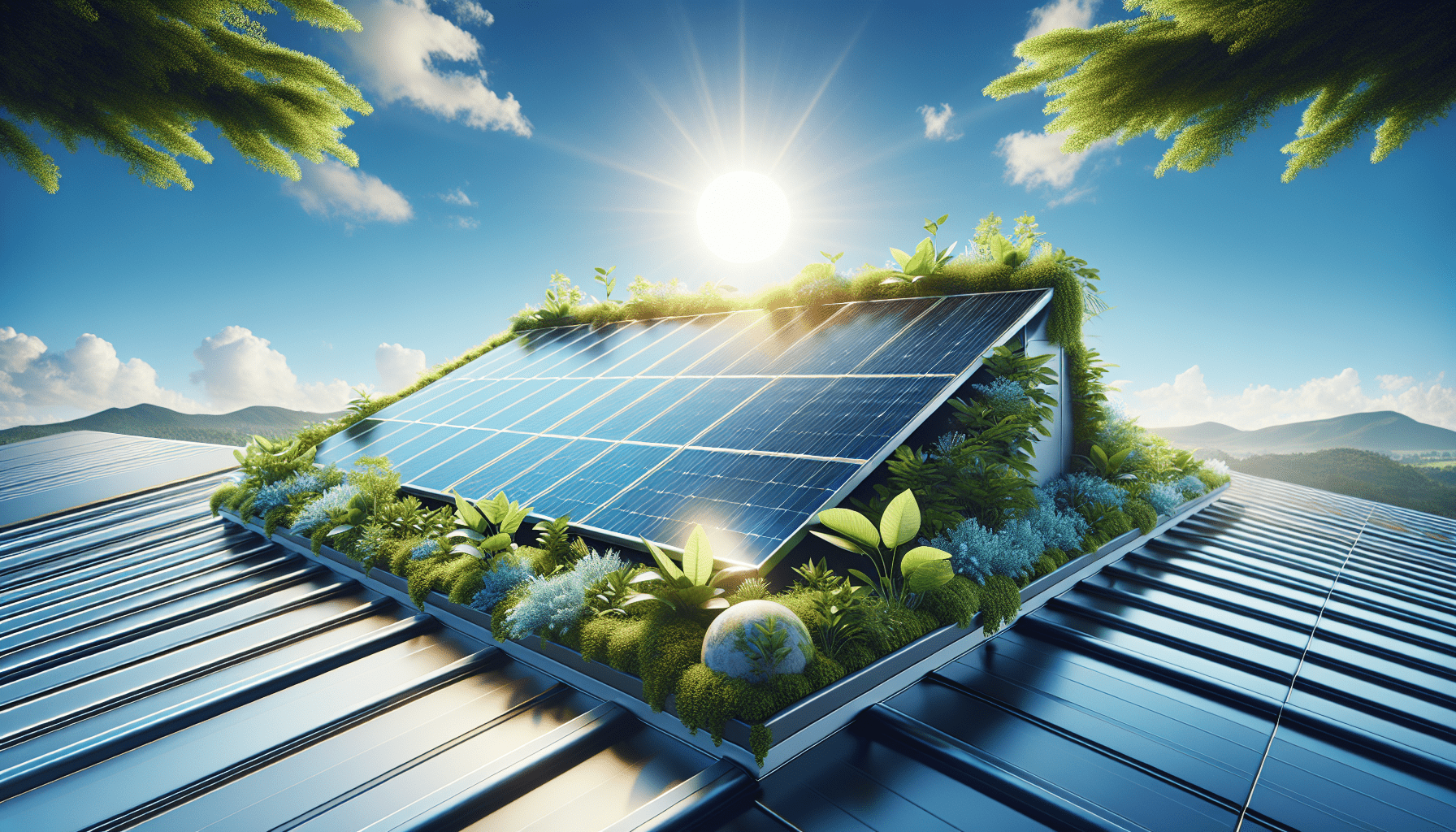
Making an Informed Decision
Assessing Our Energy Needs
Before deciding to install solar panels, it’s crucial to assess our energy needs. Analyzing our electricity usage patterns can help us determine the size and capacity of the solar panel system required.
Conducting a Site Evaluation
A professional evaluation of our home or business site is essential. Factors like roof orientation, shading, and available space play a significant role in determining the efficiency and feasibility of a solar panel system.
Calculating Costs and Savings
While the initial cost is high, it’s essential to calculate the long-term savings and potential returns on investment. By considering factors like available incentives, electricity bill reductions, and increased property value, we can get a clearer financial picture.
Exploring Financing Options
There are various financing options available to help offset the initial costs of solar panel installation. From loans and leases to power purchase agreements, exploring these options can make solar energy more accessible.
Considering Maintenance and Warranties
Understanding the maintenance requirements and warranties of the solar panel system will help us prepare for any future expenses. Most systems come with long-term warranties, offering peace of mind regarding durability and performance.
Staying Informed on Technological Advances
Staying abreast of the latest advancements in solar technology can help us make better decisions. As technology evolves, newer and more efficient panels may become available, offering better value for our investment.
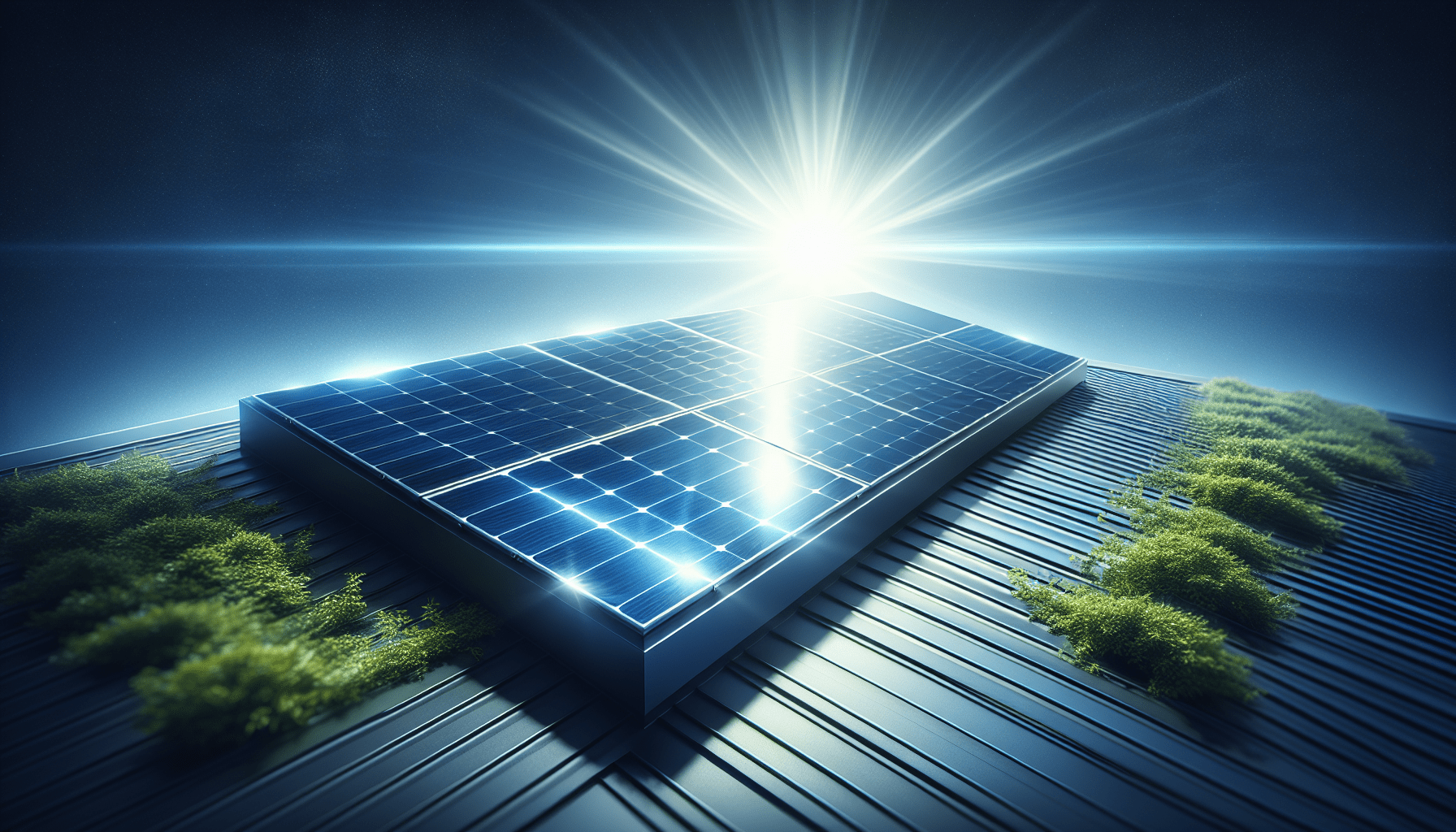
Conclusion
Solar panels present a compelling opportunity to embrace renewable energy, reduce our carbon footprint, and potentially save on electricity costs. They offer numerous benefits, from energy independence to increased property value. However, it’s crucial to consider the high initial costs, space requirements, and the varying efficiency based on weather conditions.
By weighing the pros and cons and conducting thorough research, we can make an informed decision. Solar energy holds the promise of a sustainable future, and with careful planning, it could be a worthwhile investment for many of us. Let’s continue to explore our options and strive for a greener, energy-independent tomorrow.

